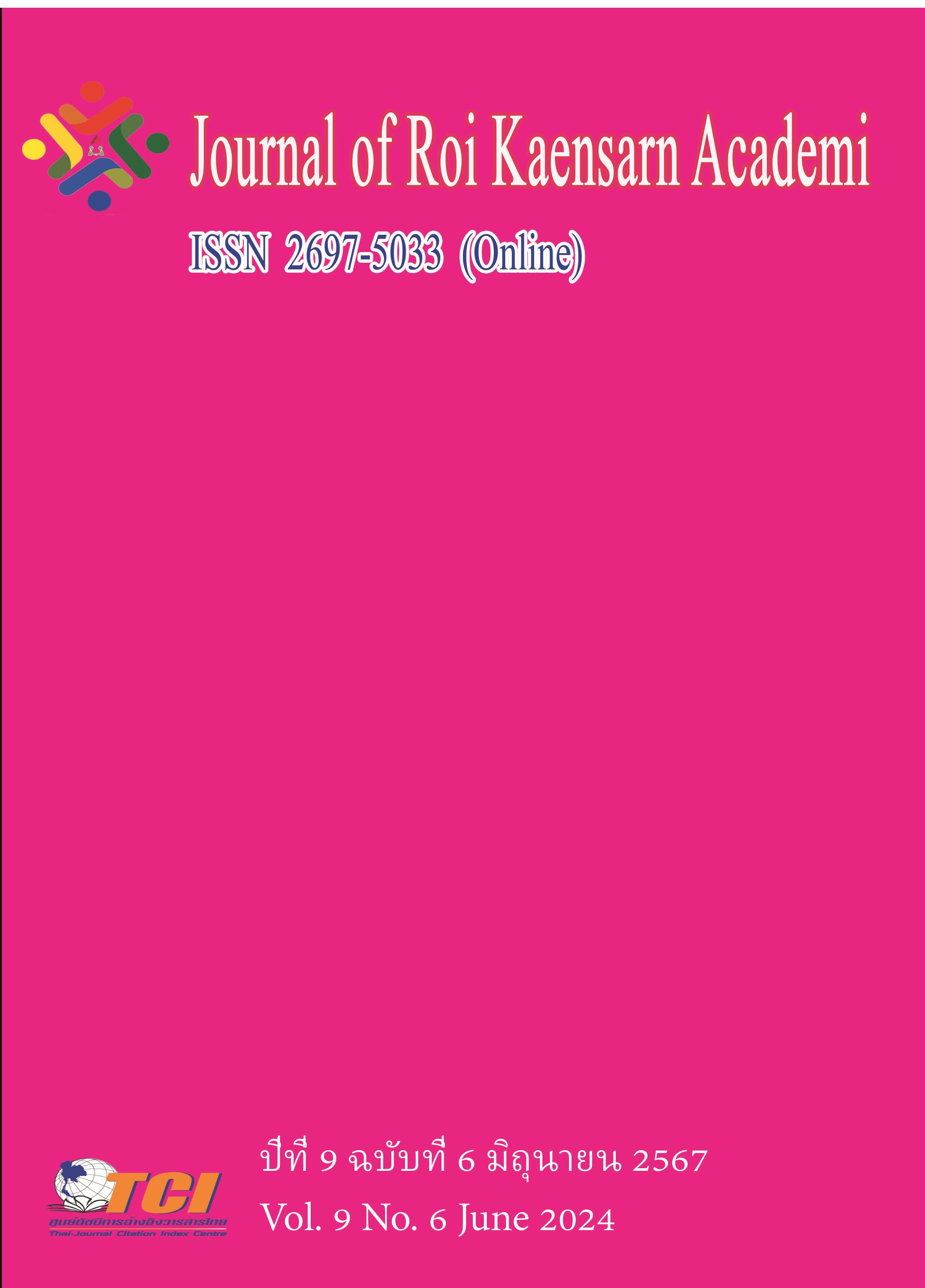The Research on the Curriculum Design of Innovation and Entrepreneurship Education in Chinese Art Vocational Colleges
Main Article Content
บทคัดย่อ
This study aims to deeply explore the design of innovation and entrepreneurship education courses in China's art higher vocational colleges to adapt to the growing demand for artistic innovation and entrepreneurship capabilities in modern society. With the development of social economy and the rise of the cultural industry, students in art vocational colleges are in urgent need of cross-professional comprehensive capabilities, which not only include innovative thinking and entrepreneurial spirit, but also practical operational skills to face the ever-changing professional environment. challenges. Through the implementation of comprehensive innovation and entrepreneurship course content planning, staged education and teaching layout and "process plus results" evaluation system, talents with both innovative spirit and entrepreneurial awareness as well as advanced technical skills can be cultivated to serve as the country's innovative development and regional economic and social progress.
This article focuses on the preparation of an indicator scale for teaching effectiveness evaluation of innovation and entrepreneurship education courses in Chinese art higher vocational colleges, analyzes its reliability and validity, and verifies the effectiveness of the scale.
Article Details
เอกสารอ้างอิง
Chen Qian. (2022). A preliminary study on the training path of innovation and entrepreneurship education for art higher vocational students. Shanxi Youth. (21), 105-107.
Smith, J. K., Jones, L. M., & Wang, Q. (2019). Assessing the Effectiveness of Innovation and Entrepreneurship Education: A Review of Research Methods and Measures. Journal of Vocational Education. 15 (3), 120-135.
Wang, Y., & Huang, L. (2020). Evaluation of Entrepreneurship Education in Higher Vocational Colleges Based on Structural Equation Modeling. Journal of Education Research. 25 (4), 65-78.
Jones, P. E., & Bentler, P. M. (2017). Confirmatory Factor Analysis of Multitrait-Multimethod Matrices. Psychological Methods. 22 (4), 727-741.
Hair, J. F., Black, W. C., Babin, B. J., & Anderson, R. E. (2019). Multivariate Data Analysis. (8th ed.). Cengage Learning.
Marsh, H. W., Hau, K. T., & Wen, Z. (2004). In Search of Golden Rules: Comment on Hypothesis-Testing Approaches to Setting Cutoff Values for Fit Indexes and Dangers in Overgeneralizing Hu and Bentler's (1999) Findings. Structural Equation Modeling. 11 (3), 320-341.
Kenny, D. A., Kaniskan, B., & McCoach, D. B. (2015). The Performance of RMSEA in Models with Small Degrees of Freedom. Sociological Methods & Research. 44 (3), 486-507.

